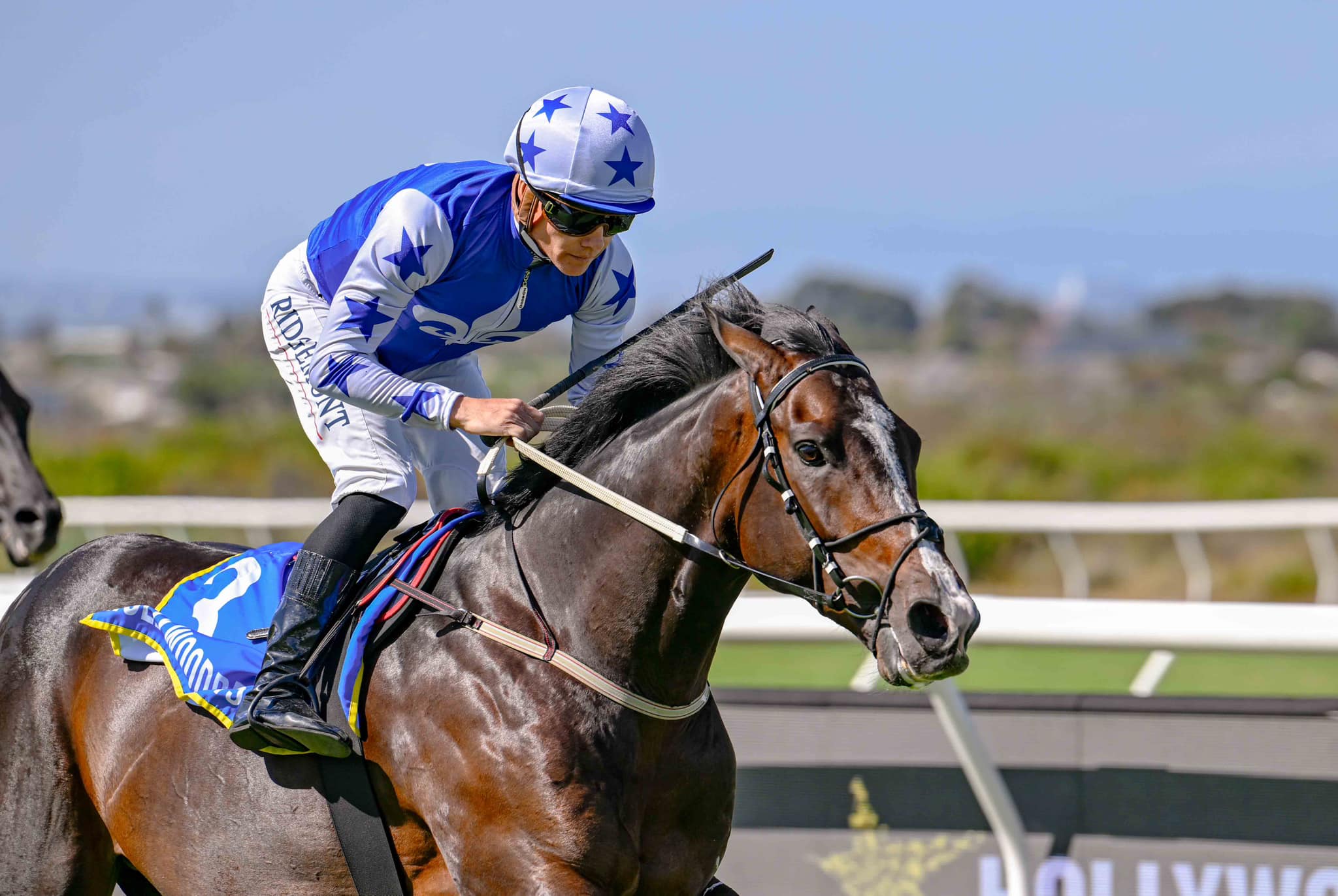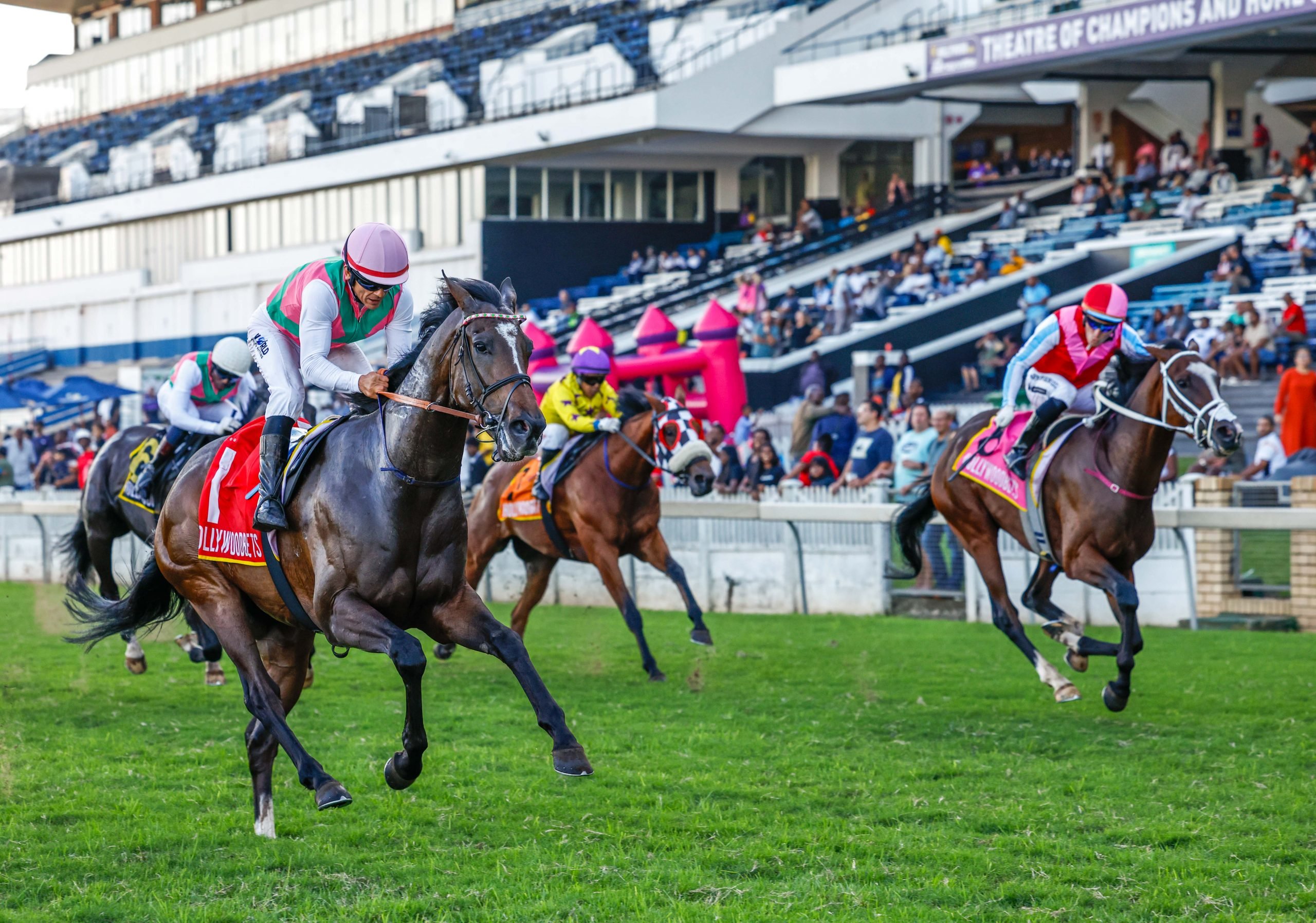Members of South Africa’s Horse Import Export Task Team (HIETT) have requested the racing industry and the public at large not to over-react to the death of a horse diagnosed with African Horse Sickness (AHS) in the surveillance zone near Paarl, Western Cape, last week.
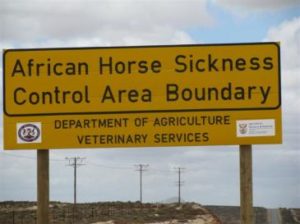
African Horse Sickness in the Western Cape
Professor Ian Sanne, a member of the Industry Task Team charged with consolidating the efforts of the equine and racing industries and veterinarians as well as funding mechanisms ahead of an application to reinstate direct exports from South Africa to the European Union (EU), said on Thursday that South Africa now had the ability to contain an outbreak of AHS as it occurred, in a most effective manner.
Sanne commented: “We have the means to respond rapidly, we have strengthened into systems available to react to outbreaks of AHS. This, together with the benefit and recognition of PCR tests for AHS and a locked-door, vector-protected quarantine facility, enables us to mitigate the export of the disease from South Africa. We remain fully confident that we will be able to develop a trade relationship with partners for international exports.”
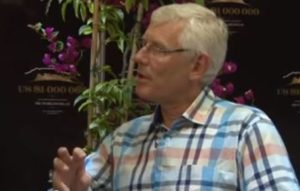
Prof Ian Sanne
Dr Beverley Parker, a member of the technical task team, confirmed that the HIETT’s contingency kicked in perfectly when the AHS death occurred at a Paarl farm last Friday.
She said: “Our huge awareness campaigns have paid off. Everyone reacted quickly and co-operation on the whole was very good. We’ve had local horse owners playing policemen, people commenting and helping via Facebook.”
Parker said that a team of State Veterinarians and Animal Health Techs were working around the clock with others from the Equine Health fund to help with sampling and testing and that 150 samples had already been collected.
“We’re doing a census of all farms inside the area and 20 farms have been completed. We’re working from an initial radius outwards, in an ever-widening circle. The vets have been checking for clinical signs of the disease and have not found any so far. There is a complete standstill on movement around the indexed farm and movement within the zone has been curtailed.”
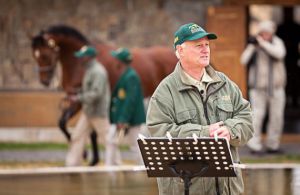
Mick Goss (photo: hamishNIVENPhotography)
Breeder Mick Goss of Summerhill Stud, who delivered a well-received address at the Asian Racing Conference earlier this year, said: “It’s my view that after India and the interactions I’ve had with those in sympathy with us, it’s not the end of the world by any means!”
Goss added: “Our scientific case is considerably stronger, if not at this point technically unassailable. Parallels with other countries and how they deal with these things tell me that the occasional occurrence such as the one we’ve just experienced is merely an interruption in our work, it is not the work itself.
“There’s little reason then why we shouldn’t be able to resume normal trade. That’s how all our trading partners treat these things, and from the conversations I had with those I thought were most influential at the Asian Conference, I’d like to think that there is an understanding of that.”

Mike De Kock
Former Champion trainer Mike de Kock, another member of the Task Team, agreed that massive progress had been made in the last few years and spoke against what he termed “media articles seeking sensation”.
In reference to a front-page article published in last weekend’s Cape Argus, he said: “Our protocol is working and it is completely inappropriate for editors to sensationalise a hugely important matter like this. It is unfair to the people who have gone to great lengths to make things work, the industry has tried hard and we’ve seen tangible results. It doesn’t help when newspapers put fear into our trading partners.”
Export restrictions have impeded South Africa’s participation in international equestrian sporting events such as the World Equestrian Games and the Dubai World Cup, amounting to an estimated R1 billion loss on the export market alone on an annual basis.






